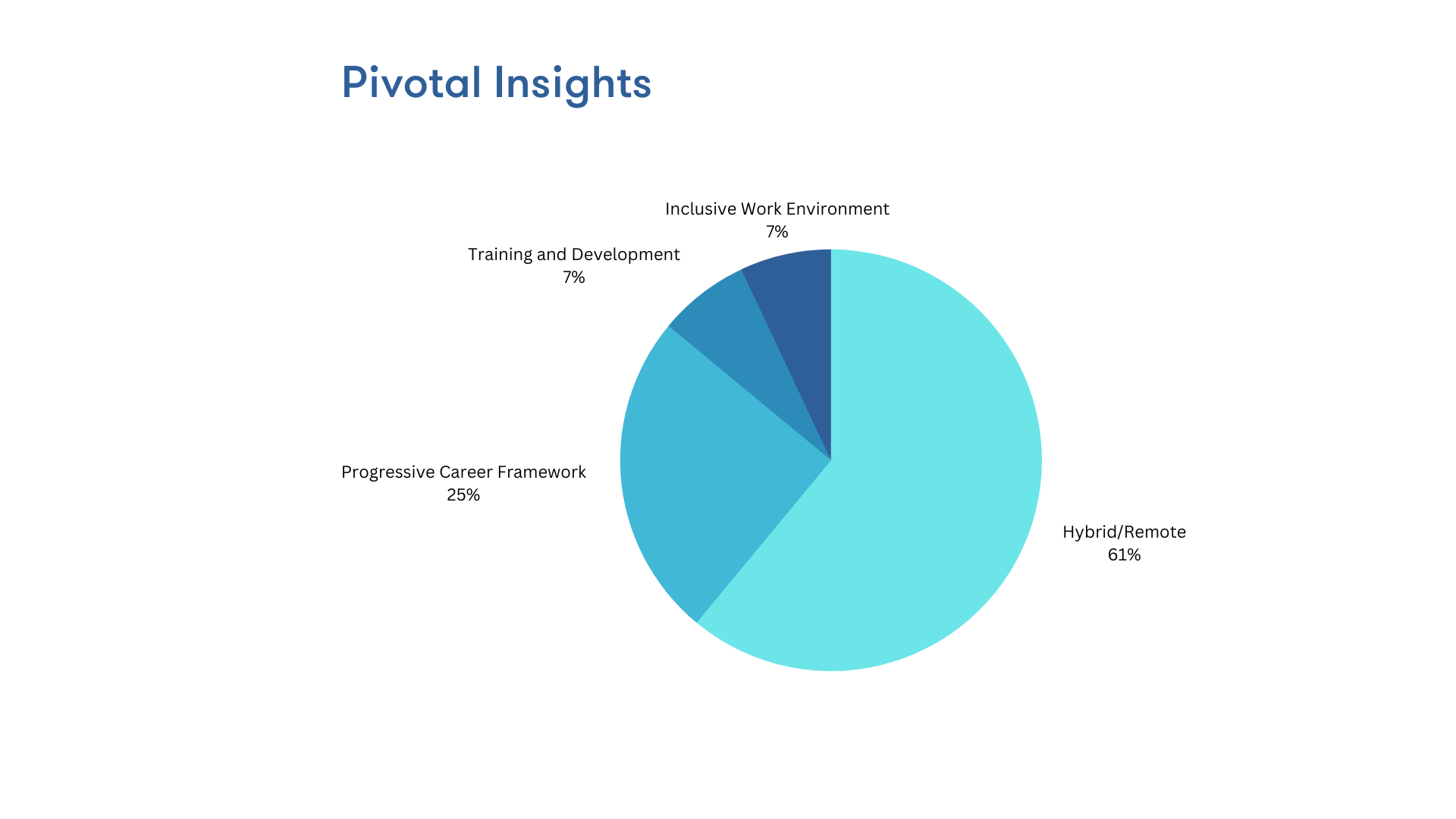A New Era of Flexibility: All you need to know about the Flexible Working Bill
25th Jul 2023
A New Era of Flexibility: All you need to know about the Flexible Working Bill
In a ground-breaking move, the United Kingdom is on the verge of transforming its employment landscape with the imminent passage of the Employment Relations (Flexible Working) Bill.
Yes, you heard it right.
In a poll recently conducted by Pivotal, the results reveal:

This linked perfectly to the huge news that will affect employees and employers that the Flexible Working Bill is coming.
This landmark legislation promises to grant employees the right to request flexible working arrangements from their very first day on the job. The bill recently passed through the House of Lords without amendments, marking a significant step toward a more flexible future of work in the U.K. This development reflects a growing recognition of the advantages of flexible working for both employees and businesses, fostering happier employees and boosting productivity and staff retention.
What has changed?
- Under the current system, U.K. workers must accumulate 26 weeks of continuous service before being eligible to apply for changes in their work location, hours, or pattern. However, the new bill abolishes this qualifying period, making flexible working a day-one right.
- This change acknowledges the importance of providing employees with immediate access to a work environment that suits their individual needs.
Enhanced Employee Rights:
- The Employment Relations (Flexible Working) Bill not only grants workers the right to request flexible working arrangements but also enhances their overall rights and options. Previously, employees could make only one request within a 12-month period, but now they can make up to two requests.
- Employees are no longer obliged to provide explanations on how the effects of their flexible working request might be managed by their employer. These provisions empower individuals to take control of their work-life balance and nurture a more harmonious blend between their personal and professional responsibilities.
Greater Employer Accountability:
- While the bill gives employees the right to request flexible working, it is important to note that approval is not guaranteed.
- Employers will still need to evaluate and approve these requests based on their feasibility and business requirements. However, the new law sets a deadline of two months for employers to respond to such requests, reducing the current response time of three months. Additionally, employers are now obligated to consult with their employees and explore alternative available options before rejecting a flexible working request.
A Bright Future:
With the bill now awaiting royal assent, the U.K. is poised for a future where flexible working arrangements become the norm rather than the exception. This progressive legislation recognises the importance of work-life balance and empowers employees to structure their professional lives in a way that optimises their personal well-being.
The benefits extend beyond the individuals themselves, as businesses stand to gain increased staff retention rates by embracing flexible working.
The future of work in the U.K. is embracing flexibility.
If you would like to discuss more about how you can retain talent, contact David Terry on david@pivotallondon.co.uk.